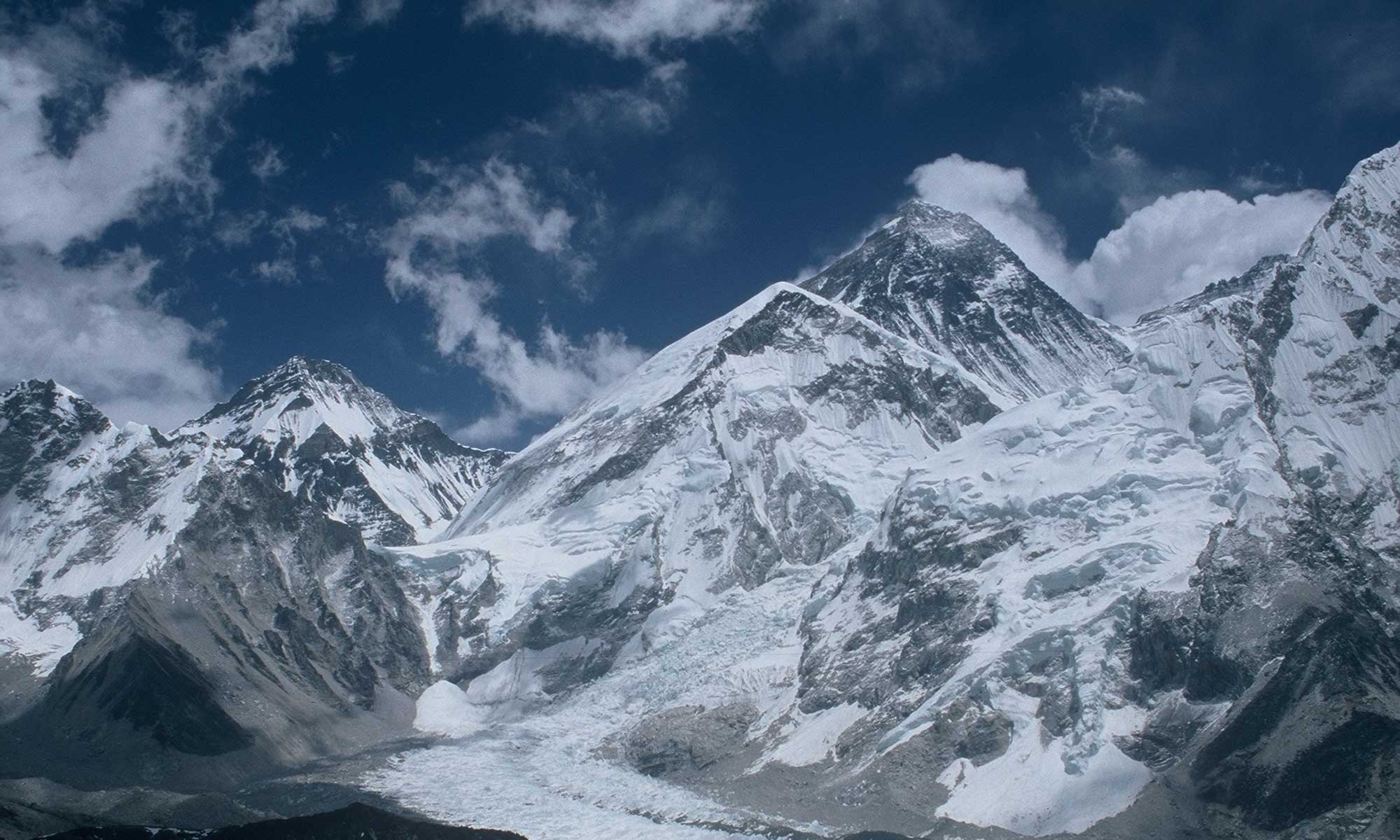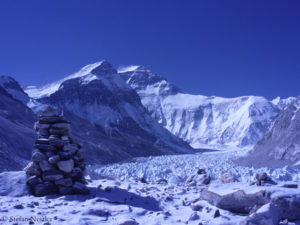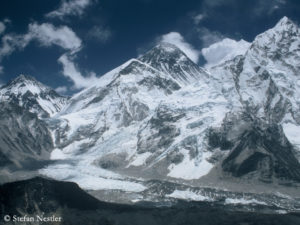Sino-Tibetan authorities are stalling the expedition operators. After signals from Tibet last fall that there might be permits for foreign climbers to climb Mount Everest, Cho Oyu and Shishapangma for the first time since 2019, there has been no official confirmation until now.
“It is likely that they will open (the eight-thousanders on the Tibetan side), but not sure in spring,” Mingma Gyalje Sherpa, head of Nepalese expedition operator Imagine Nepal, wrote to me. “They will open in autumn.” Following the positive signals, Imagine Nepal had advertised an expedition to the 8,027-meter-high Shishapangma, which Mingma himself wanted to lead. “We will be going to Shishapangma in autumn instead of spring,” the 36-year-old wrote. Since the outbreak of the COVID-19 pandemic, China’s high mountains have been closed to foreigners, with only locals given a chance to obtain climbing permits.
Too close for most
Kari Kobler, founder of the Swiss tour operator Kobler & Partner, spoke with officials in Tibet last week. It could be “that two to three small teams will get a permit in spring”, Kari writes to me. For which mountains, however, is not yet clear. The decision will probably be made in March, says the Swiss. “This will be too close for almost everyone.” So Kobler & Partner has decided to move the expedition actually planned for the north side of the 8849-meter-high Mount Everest to the Nepalese south side this spring, he says.
The 67-year-old believes there is a 90 percent chance that the Chinese side of the 8,188-meter-high Cho Oyu will be opened next fall. In spring 2024, Everest will be “100 percent” open again, his interlocutors in Tibet assured him, Kobler said.
World political situation has influence
“I hope to the last,” Austrian Lukas Furtenbach writes me. His company Furtenbach Adventures had offered expeditions to the north side of Everest and to Shishapangma for this spring. However, Lukas does not sound really optimistic that the authorities will still open the eight-thousanders in Tibet for foreigners: “I think currently the decision has less to do with COVID-19 than with the world political situation. And that doesn’t make things any better.” Furtenbach is alluding to the recently growing tensions between China and NATO countries. Nevertheless, the hesitation of the Chinese authorities in the matter of Everest does not deprive the 45-year-old of sleep: “We are doing the south side anyway. That’s why we’re flexible there and don’t have that kind of pressure.”



